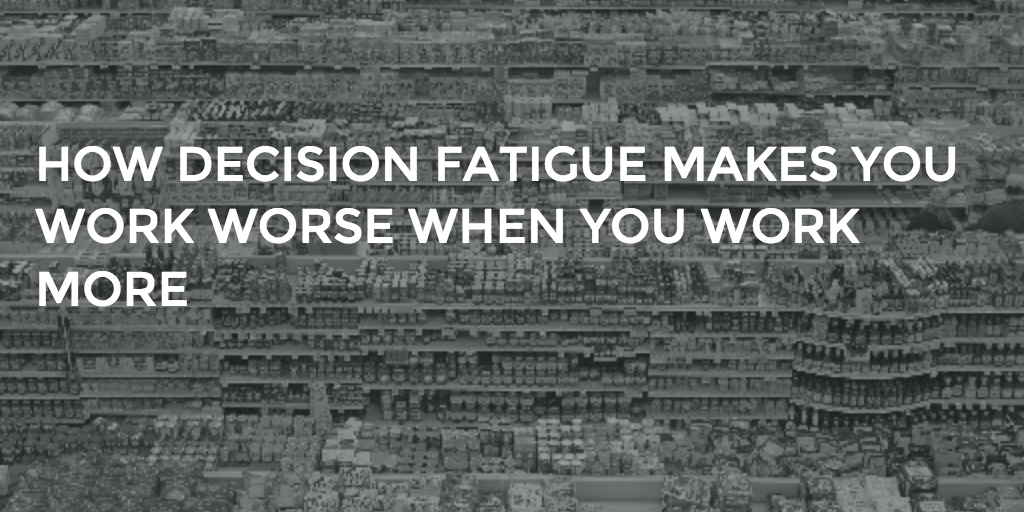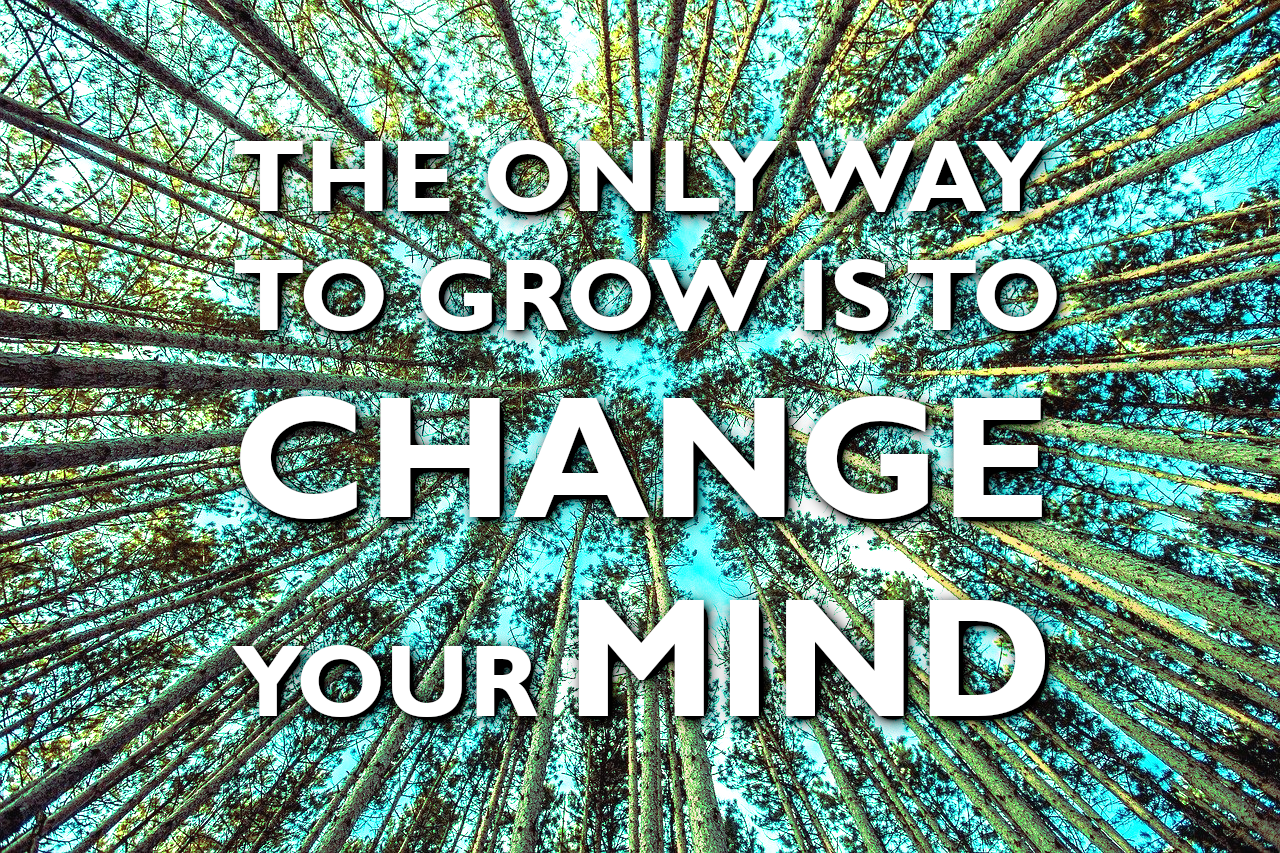
I was talking to a friend, who is an attorney, some years ago. We were discussing a small disagreement I was having with a coworker. The friend gave me some advice that I’ve practiced ever since.
“Have him send you an email. Make him write out exactly what his request is.”
Lawyers love this technique, he told me. And the benefits are two-fold.
For one, writing forces clear thinking. It will become obvious if someone doesn’t have a clear idea what they’re asking once they try to put it down on paper. And secondly, should some disagreement on the topic come up in the future, you will have a clear record of what was said and when. There will be no squabbling over who said what.
You should know how you can deal with awful coworkers by getting things in written.
It’s an amazing tool that can make a big difference in your personal and professional life. The phrase “get it in writing” often conjures thoughts of a lengthy contact, formal documents with signatures and lawyers involved. It doesn’t have to be that way. “Get it in writing” can be something as simple as an e-mail.







